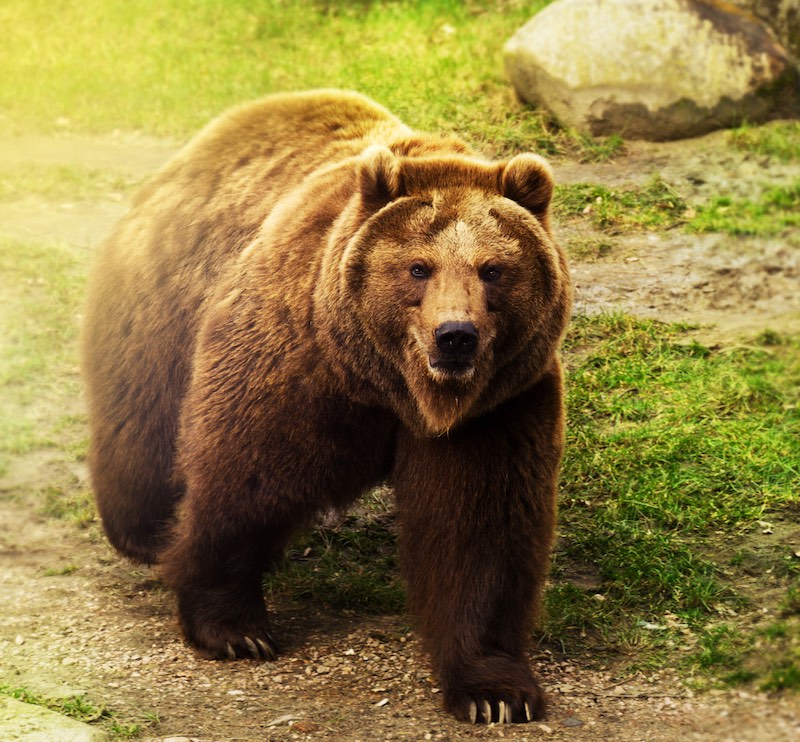
A staggering lack of snowfall and multiple days where temperatures were only as cold as the mid to low 30s to 40s all combined to make my new home of Anchorage feel more like Tennessee, where I grew up.
Throughout Alaska, temperatures were 5 to10 degrees Fahrenheit above normal since December and worldwide, January 2025 was 2.39 degrees Fahrenheit above the 20th century average for global surface temperature.
In fact, this years’ Iditarod Trail Sled Dog Race in Alaska was forced to abandon its planned course because sections were so bare that mushers and race planners determined them to be un-traversable by dog sled. The first time in the Iditarod’s history that the race was moved due to poor trail conditions was in 2017. This year marks the fourth time.
The warming temperatures do more than disrupt annual events, they increase wildfire risk in the summer, disrupt growing seasons and challenge human-wildlife coexistence. The latter arises when changing climate alters resource availability for people and wildlife, effecting when, where and how people and wildlife interact with one another.
